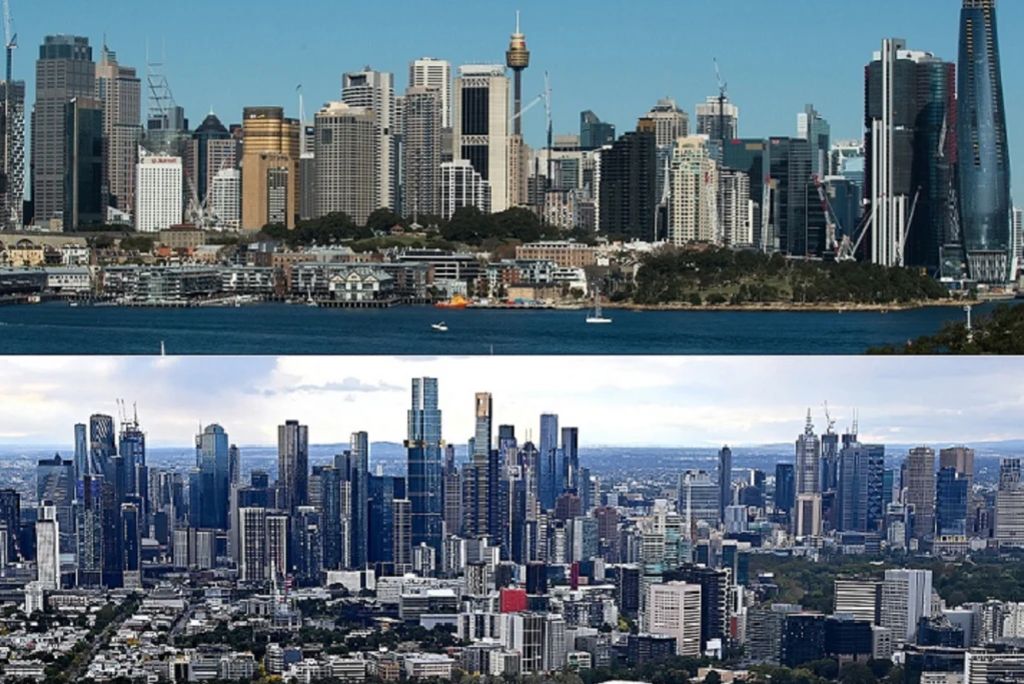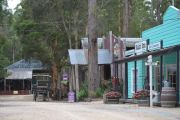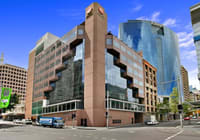
Who will lead an expected $2 billion commercial property splurge?
Commercial property investors could be forgiven for keeping their hands in their pockets in the first quarter of 2023 as the market direction moves towards a more predictable and certain trajectory.
However, international investors see the Sydney and Melbourne markets in a far better light and are already beginning to target some attractive investment opportunities.
This month, a mainland Chinese investor made their first foray in Melbourne, splashing out about $30 million for a partially leased office building at 99 Queen Street. This could indicate a coming wave of foreign investment in the months ahead.
Speaking to colleagues in the APAC region, market sentiment toward Australian commercial property is buoyant – particularly for Melbourne and Sydney – compared to other major markets worldwide. They see the market as at a low ebb, with much potential for growth in the medium term.
When international investors compare potential returns and capital values with other markets globally, Australia’s two major capital cities look like a good place to invest.
JLL research calculates there is an estimated $2 billion of foreign capital mandated for deployment into the Australian market.
If past activity is anything to go by, the investment lead is likely to be taken by Singaporean and Hong Kong investors, followed by China.
Since 2017, Singapore investors have dominated investment in Melbourne, spending $2.68 billion, with $1.33 billion flowing in from China and $1 billion from Hong Kong.
As diplomatic and economic ties between Australia and China improve, we expect investments from mainland China to increase significantly, despite some deterrent tax measures in place.
Other offshore investment is likely to come from the Asia-Pacific region. There are a few green shoots from Taiwan, India, Malaysia and Indonesia, with investors regularly flying in to assess assets. However, so far, few have taken the post-pandemic plunge.
Other major foreign investors in Australia – such as the UK and the US – have been net sellers of property assets.
Since the first quarter of 2017, US investors have sold $1.1 billion of commercial property assets, while UK investors have sold $622 million.
US and European investors – many still underweight in Asia-Pacific real estate – remain focused domestically, mainly due to the macroeconomic environment.
However, they are likely to refocus here once again as the global economy stabilises, which could add further weight to the rush of global capital we expect to see for most asset classes in the months ahead.
Commercial property owners considering a sale could be pleasantly surprised by the level of interest they receive from foreign buyers looking to gain increased exposure in the Australian market.
Although Victorian commercial transaction volumes are down significantly from historic levels – just 10 per cent from last year’s total of $6.7 billion – historically, most activity tends to occur in the second half of the year.
Vendors have been holding their nerve as they assess their options among the volatility created by local and global economic conditions. They have hesitated to step out into the rain at the risk of getting wet – particularly at the top end of the market – in front of their peers. However, that has not prevented them from testing the waters behind closed doors or via off-market sales.
The number of publicly available, institutional-grade offerings in Melbourne this year can be counted on one hand, mainly well-leased or core assets. However, investment activity is ongoing in middle markets, albeit somewhat starved of opportunities.
In the first quarter, JLL ran 15 investment campaigns and received between six and 11 offers on each property – a sound indication of the appetite still in the market.
One metric to watch in the future is the range of pricing between the highest and lowest offers – the bid-ask spread. Many local investors are waiting on the sidelines for this pricing discovery process to take its course, but international investors are already getting ahead of the herd by moving into the market.
Josh Rutman is executive director and head of capital markets Victoria at global real estate and investment management company JLL.











